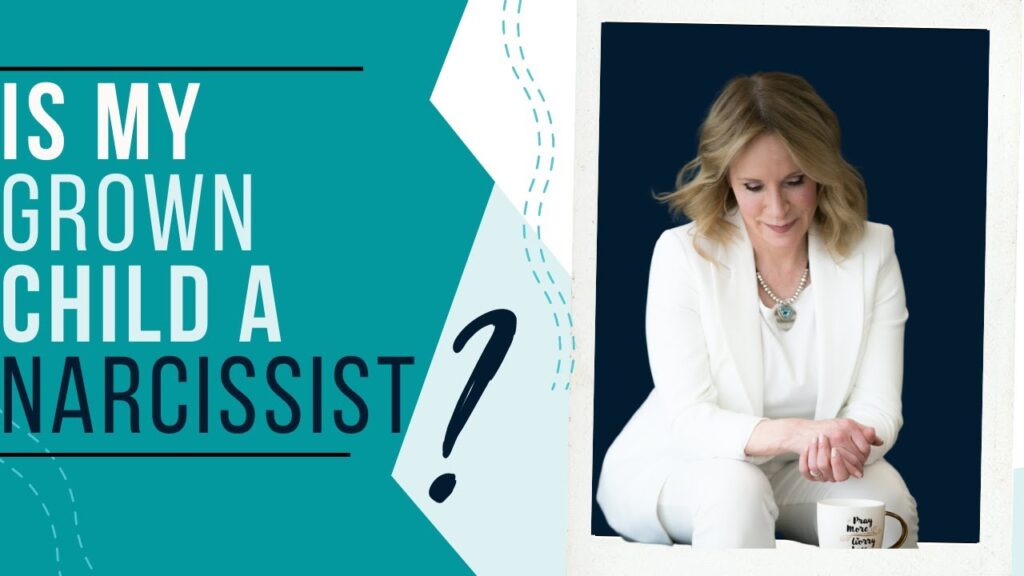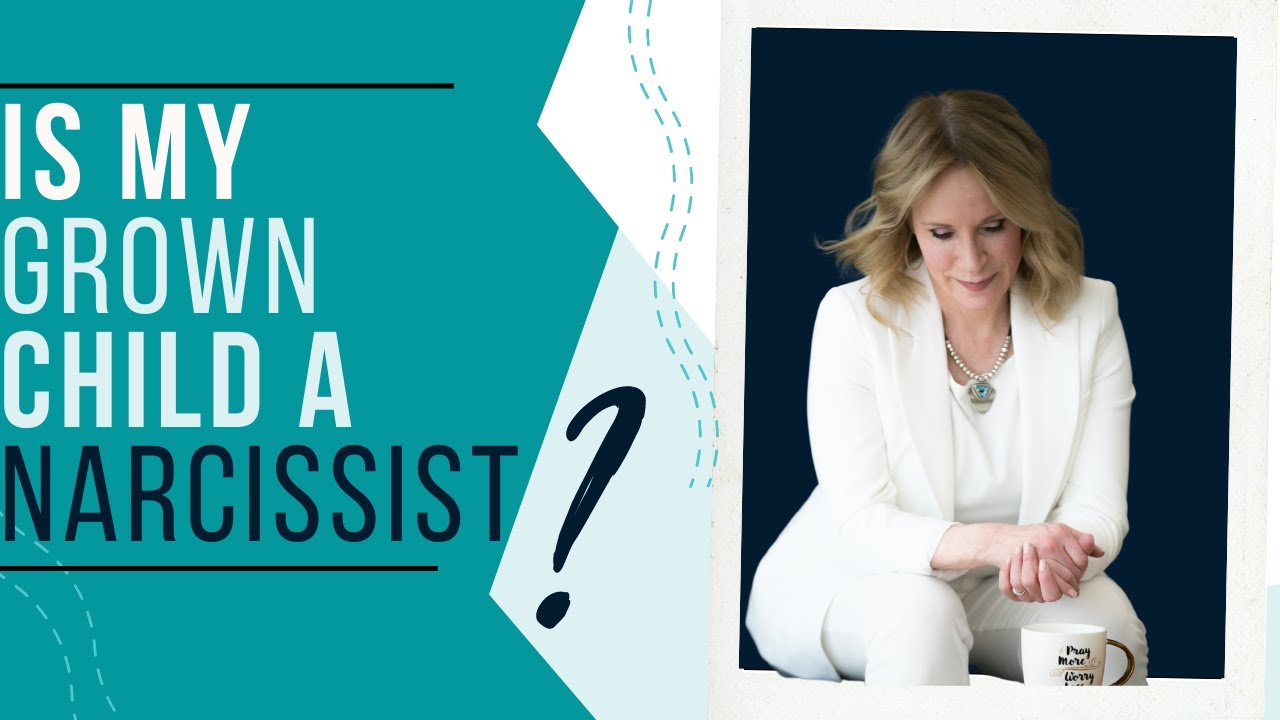
Navigating the Complexities of Toxic Adult Children: Understanding, Coping, and Finding Healing
The term “toxic adult children” refers to adult individuals who exhibit consistently harmful and damaging behaviors toward their parents or other family members. These behaviors can range from emotional manipulation and verbal abuse to financial exploitation and outright rejection. Dealing with toxic adult children can be an incredibly painful and isolating experience for parents, often leading to feelings of guilt, shame, and helplessness. This article aims to provide a comprehensive understanding of the dynamics involved, explore coping mechanisms, and offer pathways to healing for those affected by toxic adult children.
Understanding the Roots of Toxic Behavior
Understanding the underlying causes of toxic behavior in adult children is crucial for developing effective coping strategies. While every situation is unique, several common factors often contribute to this dynamic:
- Unresolved Childhood Trauma: Often, toxic adult children are carrying unresolved trauma from their own childhood experiences. This could include abuse, neglect, or witnessing domestic violence. These experiences can lead to deep-seated emotional wounds that manifest as anger, resentment, and a need for control.
- Personality Disorders: In some cases, toxic adult children may have underlying personality disorders, such as narcissistic personality disorder, borderline personality disorder, or antisocial personality disorder. These disorders are characterized by distorted thinking patterns, difficulty with empathy, and a propensity for manipulative behavior.
- Addiction and Substance Abuse: Addiction can significantly exacerbate toxic behaviors. Substance abuse can impair judgment, increase impulsivity, and lead to emotional dysregulation, making it more difficult for individuals to manage their emotions and relationships in a healthy way.
- Learned Behavior: Toxic behavior can also be learned through observation and imitation. If an individual grew up in a dysfunctional family environment where toxic behaviors were normalized, they may be more likely to repeat those patterns in their own relationships.
- Entitlement and Lack of Accountability: Some toxic adult children develop a sense of entitlement and a lack of accountability for their actions. They may believe that they are owed something by their parents and that they are not responsible for the consequences of their behavior.
Identifying Toxic Behaviors
Recognizing the specific behaviors that characterize a toxic relationship is essential for setting boundaries and protecting your emotional well-being. Some common examples of toxic behaviors exhibited by toxic adult children include:
- Emotional Manipulation: This involves using guilt, threats, or other tactics to control or influence a parent’s behavior. Examples include guilt-tripping, playing the victim, and gaslighting (denying or distorting reality to make someone doubt their sanity).
- Verbal Abuse: This can include name-calling, insults, yelling, and constant criticism. Verbal abuse can be incredibly damaging to a parent’s self-esteem and emotional well-being.
- Financial Exploitation: This involves taking advantage of a parent’s financial resources, often through manipulation or coercion. Examples include borrowing money without intending to repay it, demanding financial support, and stealing from a parent.
- Boundary Violations: This involves disregarding a parent’s boundaries and personal space. Examples include showing up unannounced, demanding constant attention, and refusing to respect a parent’s decisions.
- Triangulation: This involves bringing a third party into a conflict to manipulate or gain an advantage. For example, a toxic adult child might try to turn siblings against a parent.
- Blame-Shifting: This involves avoiding taking responsibility for one’s actions by blaming others, particularly the parent.
- Constant Criticism: Nothing the parent does is ever good enough. The toxic adult child constantly finds fault and criticizes.
Coping Strategies for Parents of Toxic Adult Children
Dealing with toxic adult children requires a combination of self-awareness, boundary setting, and emotional resilience. Here are some strategies that can help:
Setting Healthy Boundaries
Establishing clear and consistent boundaries is crucial for protecting your emotional and physical well-being. This involves defining what behaviors you will and will not tolerate and communicating those boundaries assertively. It’s important to be prepared for the toxic adult child to push back against these boundaries, but it’s essential to remain firm and consistent. Examples of boundaries include limiting contact, refusing to discuss certain topics, and ending conversations that become abusive.
Practicing Self-Care
Dealing with a toxic adult child can be incredibly draining, so it’s essential to prioritize self-care. This includes engaging in activities that bring you joy and relaxation, such as spending time in nature, pursuing hobbies, and connecting with supportive friends and family members. Taking care of your physical and emotional needs will help you build resilience and cope with the challenges of the relationship.
Seeking Professional Support
Therapy can be an invaluable resource for parents of toxic adult children. A therapist can provide a safe and supportive space to process your emotions, develop coping strategies, and explore ways to improve the relationship. Cognitive behavioral therapy (CBT) and dialectical behavior therapy (DBT) can be particularly helpful in addressing toxic behaviors and improving communication skills.
Detaching with Love
Detaching with love involves emotionally separating yourself from the toxic adult child’s behavior while still maintaining a sense of compassion. This means accepting that you cannot control their actions and focusing on your own well-being. Detaching with love does not mean abandoning the child, but rather setting healthy boundaries and allowing them to take responsibility for their own choices. This can be a difficult process, but it can ultimately lead to greater peace and emotional freedom for the parent.
Focusing on What You Can Control
It’s easy to get caught up in trying to fix the toxic adult child or change their behavior. However, it’s important to recognize that you can only control your own actions and reactions. Focus on what you can control, such as setting boundaries, practicing self-care, and seeking support. Letting go of the need to control the toxic adult child can be incredibly liberating.
Joining a Support Group
Connecting with other parents who are dealing with similar challenges can provide a sense of validation and support. Support groups offer a safe space to share your experiences, learn from others, and receive encouragement. [See also: Finding Support Groups for Parents of Estranged Children] Online and in-person support groups are available for parents of toxic adult children.
When to Consider Estrangement
In some cases, the toxic behavior of an adult child may be so severe and persistent that estrangement becomes the only viable option for protecting a parent’s well-being. Estrangement involves intentionally limiting or ending contact with the toxic adult child. This is a difficult decision, but it may be necessary if the relationship is causing significant emotional distress, physical harm, or financial hardship. It’s important to consult with a therapist before making the decision to estrange yourself from your child, as this can be a complex and emotionally charged process.
Healing and Moving Forward
Even if estrangement is not the chosen path, healing from the effects of a toxic relationship with an adult child takes time and effort. It’s important to allow yourself to grieve the loss of the relationship you hoped for and to focus on rebuilding your own life. This may involve setting new goals, pursuing new interests, and cultivating supportive relationships. Remember that you are not alone and that healing is possible.
Forgiveness (Optional)
Forgiveness is a personal choice, and it’s not always necessary for healing. However, for some parents, forgiveness can be a powerful tool for releasing resentment and moving forward. Forgiveness does not mean condoning the toxic adult child’s behavior, but rather letting go of the anger and bitterness that can hold you back. It’s important to forgive yourself as well for any perceived mistakes you made as a parent.
Reframing Your Perspective
Reframing your perspective involves changing the way you think about the relationship with your toxic adult child. This may involve focusing on the positive aspects of the relationship (if any) or accepting that you cannot change the past. Reframing your perspective can help you develop a more balanced and realistic view of the situation.
Building a Supportive Network
Surrounding yourself with supportive friends, family members, and professionals is essential for healing from the effects of a toxic relationship. These individuals can provide emotional support, practical assistance, and a sense of belonging. Don’t be afraid to reach out for help when you need it.
Conclusion
Dealing with toxic adult children is a challenging and emotionally demanding experience. By understanding the dynamics involved, setting healthy boundaries, practicing self-care, and seeking support, parents can protect their well-being and find pathways to healing. Remember that you are not alone and that it is possible to create a life filled with peace, joy, and meaningful connections, even in the face of difficult family relationships. Recognizing the signs of a toxic adult child is the first step towards protecting yourself and fostering a healthier life. [See also: How to Identify and Cope with Narcissistic Family Members]

